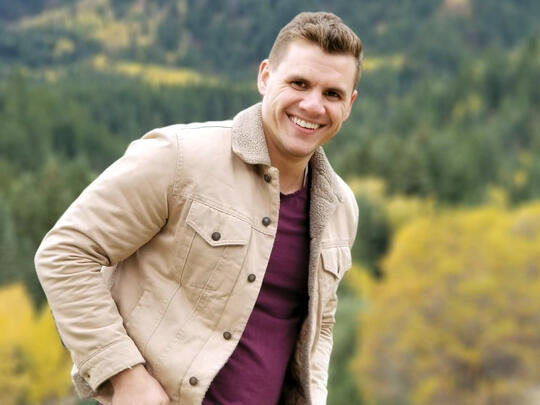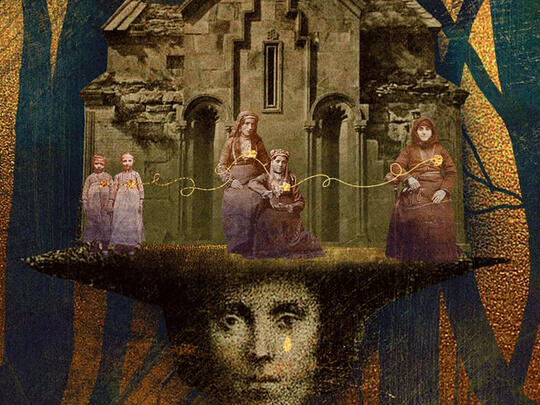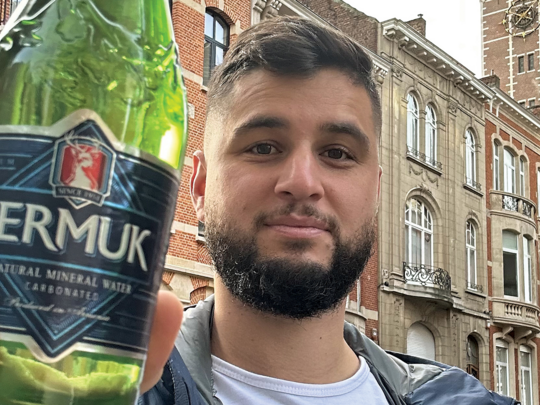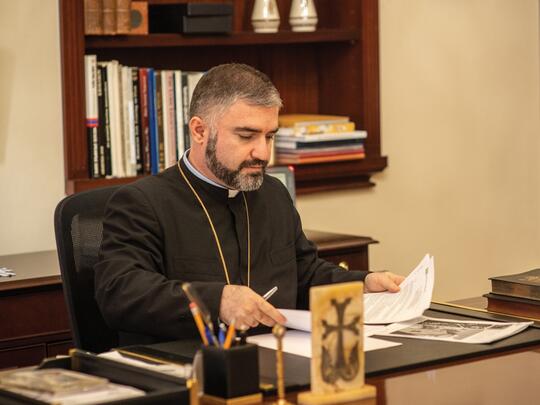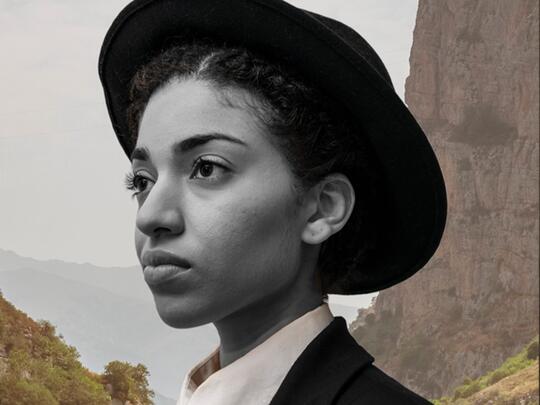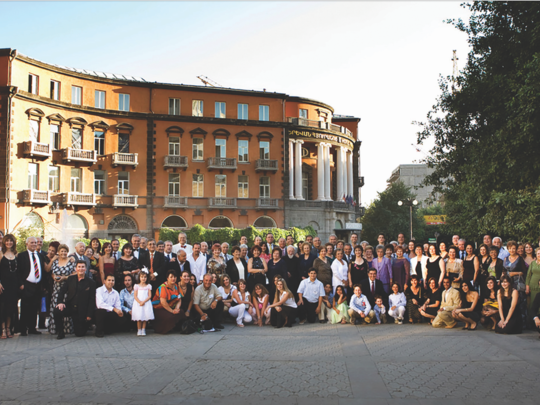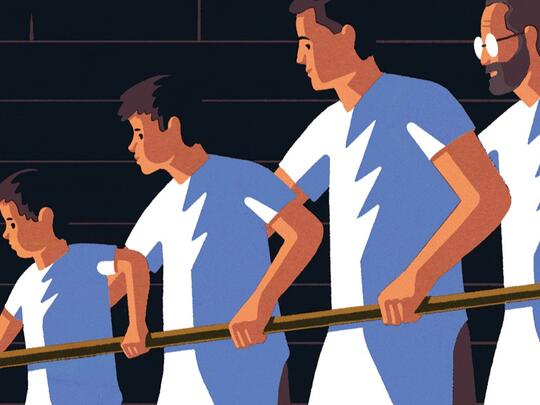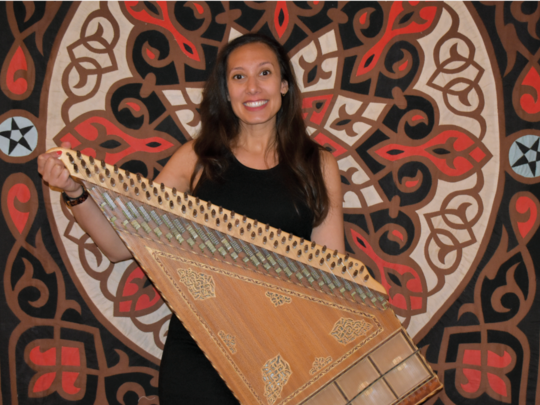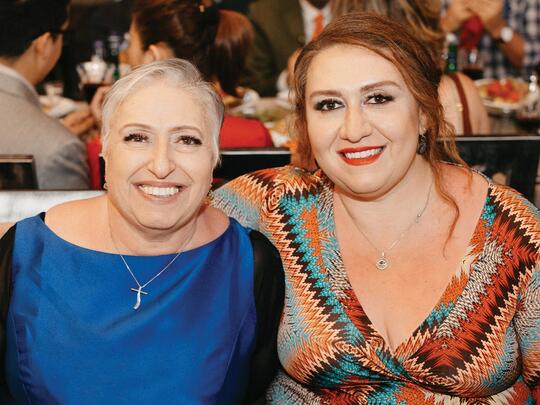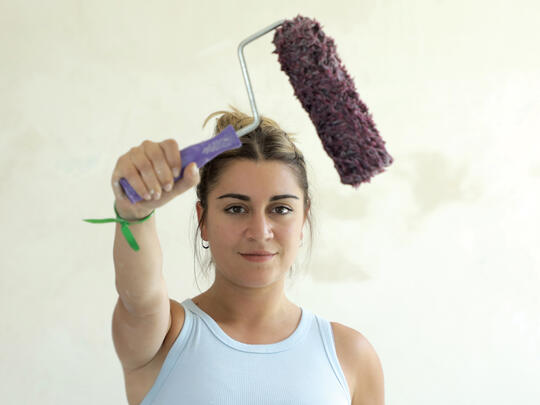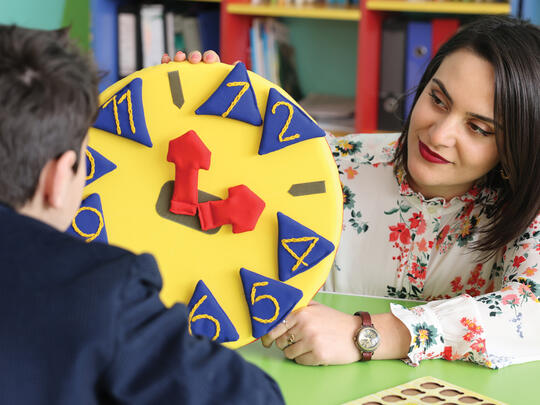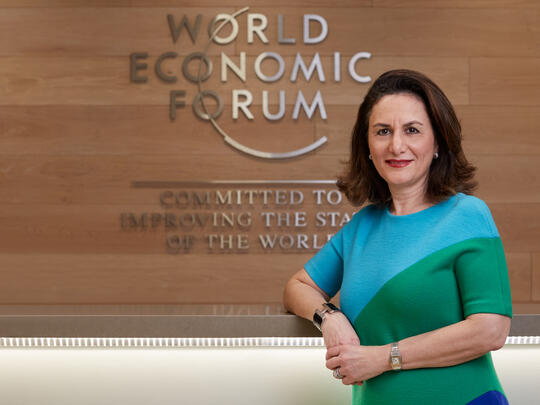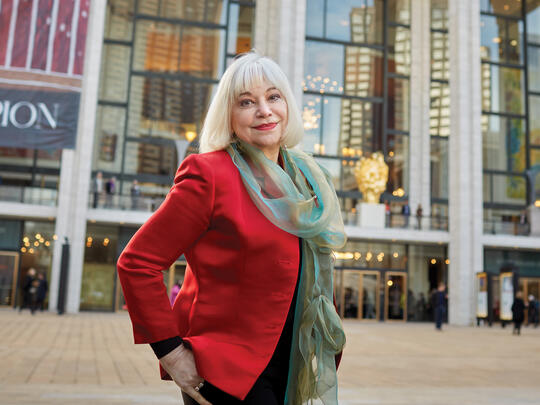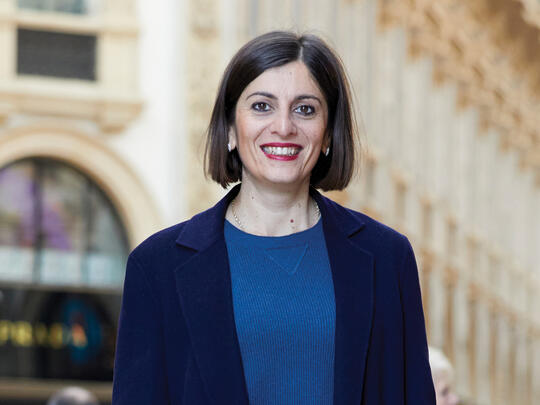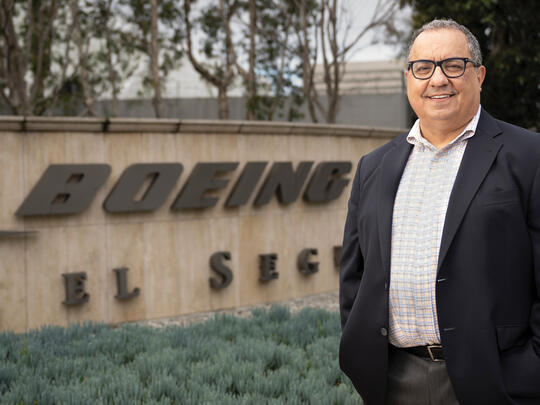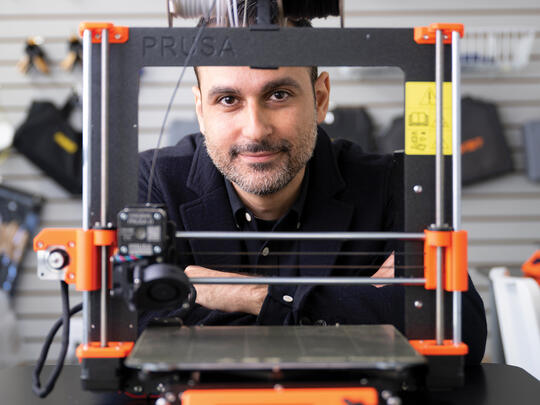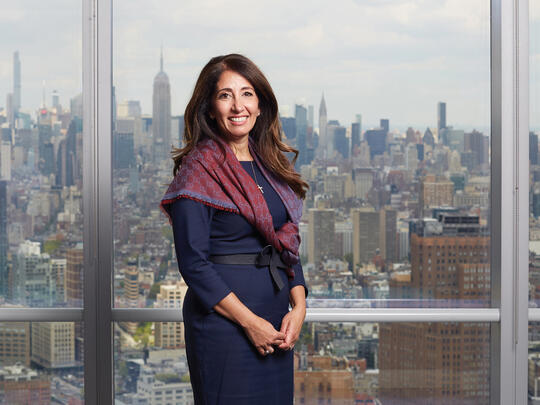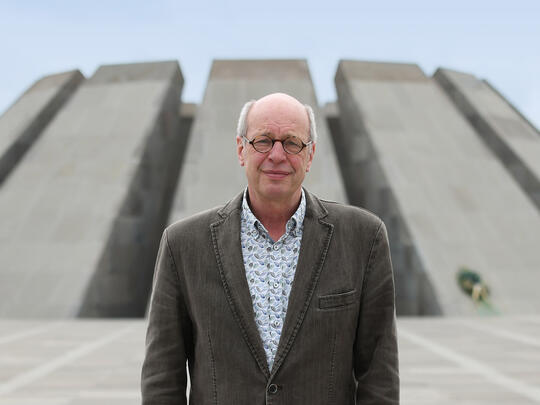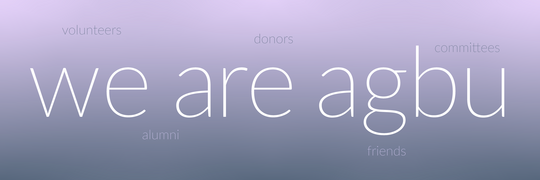
Making School a Family Tradition
Richard Kurjian
If I hadn’t gone to the Alex and Marie Manoogian School and had not been immersed in the culture, I’m sure I wouldn’t be as involved in Armenian life as I am now and certainly wouldn’t have sent my children to the school.
As a teenager making the daily commute to and from the AGBU Alex and Marie Manoogian School, Richard Kurjian—now a wealth management specialist and vice president at UBS Financial Services in Michigan—could never have imagined that his alma mater would be in his life far beyond graduation. For the past fifteen years, Kurjian has been drawing on his expertise in the world of finance to serve as the treasurer of the school that not only gave him a greater sense of Armenian identity, but has now helped his children connect to their heritage as well.
The AGBU Alex and Marie Manoogian School in Southfield, Michigan was founded in 1969 by philanthropist and AGBU president Alex Manoogian and his wife Marie. Since then, it has given hundreds of students a first-class pre-K through 12 education that combines both Armenian and American cultures.
Can you tell us about how you started going to the Alex and Marie Manoogian School?
Up until seventh grade, I had been attending public school in southwest Detroit, where my family lived. Hearing about the opening of the Alex and Marie Manoogian School in Southfield about 17 miles away, my mother—strong-willed as she was—was determined to send me to the school. One day, she went to see the principal about arranging a bus to take me from Detroit to school each day and the principal agreed only if she could find five other Armenian families from Detroit who would enroll their children in the school.
At that time, southwest Detroit had quite a few Armenian families, so she went around the neighborhood and convinced five or six families to enroll their children at the Manoogian School. I give my parents a lot of credit, because neither of them had the luxury of formal schooling. My father was a genocide survivor who grew up in orphanages in the Middle East before coming to the United States, and my mother was one of the many Armenian women who were sent from Turkey to the United States as part of an arranged marriage in the years following the genocide. Despite their past, or perhaps because of it, they both knew the value of education and its role in setting their children up for successful lives.
Can you tell us about your time as a student at the school?
The school really laid the foundation for my ties with the Armenian community later in life. Since we lived so far from the church and my father worked seven days a week in his neighborhood grocery store, my family wasn’t very involved in the community. Of course my siblings and I were conscious of being Armenian, but if I hadn’t gone to the Alex and Marie Manoogian School and had not been immersed in the culture, I’m sure I wouldn’t be as involved in Armenian life as I am now and I certainly wouldn’t have sent my children to the school. Like any child of immigrants, sometimes it is easy to forget where you come from; the school opened my eyes to what it meant to be Armenian. The school enlightened me about the struggles our people faced and made me marvel at my father’s strength to survive the genocide and his courage to make the journey to a foreign land to start his new life. This knowledge helped me realize that all that my family and I have achieved is because of his determination.
The school itself was also so nurturing and caring, especially compared to the inner-city school I was coming from. My wife and I were part of the first graduating class, which was just 10 students. Classes were small and you really got to know your fellow students and teachers. Teaching at our school was more than a job, the teachers had a passion for the school and that's still true today. I remember at one of our basketball games, the high school teachers dressed in cheerleading outfits and cheered us on. It was much more than a school; it was really a community, a family.
Beyond just academics, the school opened up social avenues that I can’t imagine my life without. I met my wife at the school and my best friends today are all former classmates.
What is your fondest memory of your student years?
When I was a student, I didn’t realize how special it was to always have the Manoogians around. Mr. [Alex] Manoogian was so involved that we took him for granted to a certain degree. I look back on this now and I see the passion that he and his wife had for the school and it’s very inspiring. He was the kind of person I see as a hero—someone who was humble and giving.
At any event or program we had at school, he would always be sitting in the front row. I remember at our high school graduation, we were given two roses: one to hand to our mother and the other to hand to Mrs. Manoogian. As much as they had done in their lives, they made us feel important.
What inspired you to become a board member of the Alex and Marie Manoogian School?
Years ago, I started helping the treasurer of the board at the time—a man by the name of Harry Keolian—with recordkeeping. He mentored me, and I began to see that this was a way I could give back to the school. Since I’m not an educator, I saw that I could contribute in a different way by making use of my background in accounting.
I have been the treasurer of the school for the past fifteen years. In that time, both of my sons have graduated from the school and I have seen remarkable transformations, especially since its transition to a charter school in 1995. Enrollment has grown, the facilities have been modernized and there has been collaboration between the administration and the community to provide new programs and opportunities for the students.
What led you and your wife to send your children to the school?
We sent our boys, Alec and Vartan, to the school from the time they were in pre-k and there was no doubt in our minds that they should go anywhere else. Once they reached the end of middle school, we gave them both a choice to continue at the Manoogian School or to transfer to another school. They both decided to stay. Now they have both graduated and gone on to college, but their best friends are still the ones they made at school and in their other Armenian activities. They are much more Armenian than I was at their age.
It was very meaningful for my wife and me to see everything come full circle. Would you believe that our sons had some of the same teachers we had while we were students? It’s a very unique experience to be sitting in a parent-teacher conference and have the teacher say that your son is just like you!
All in all, all the best things in my life have been because of the school and I hope my role on the board helps creates similar experiences for a new generation of Armenian students.
Please note that archived content may appear distorted as it has been stripped of formatting and original images.


